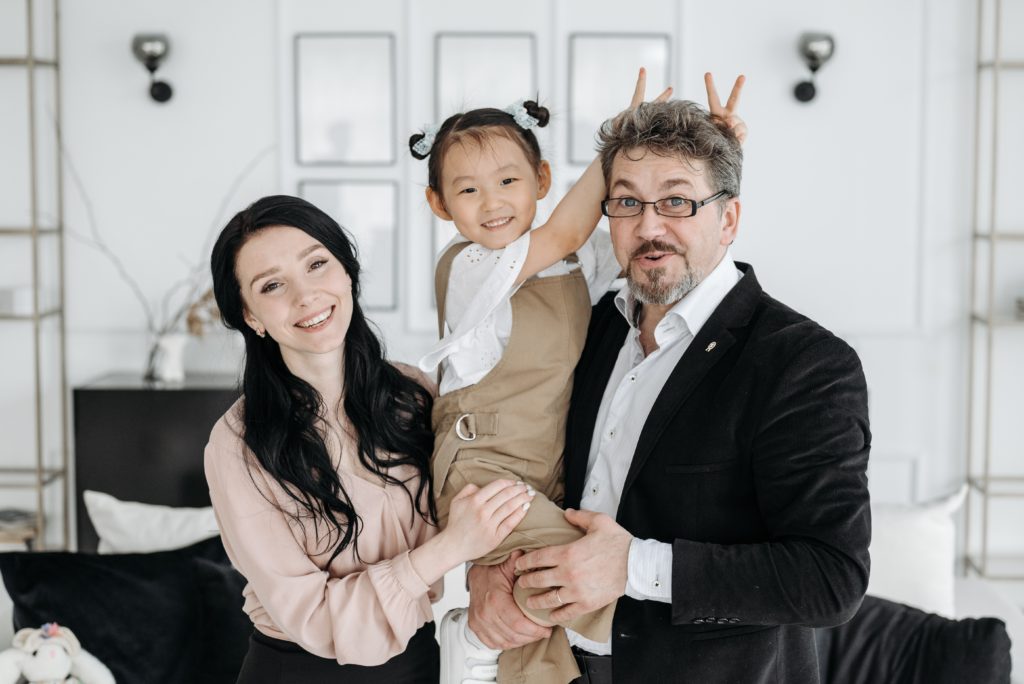Difference Between an Open and Closed Adoption
Adoption is an emotional and legal journey. It is how a child is raised by adoptive parents and not by their biological parents. If you are planning to adopt a child, there are various questions.
The first thing that strikes the mind is what type of adoption do you really want?
Do you want to have a healthy relationship with your biological child and his adoptive parents or do you want it to be a private affair and move on with your life?
Let’s discuss what these terms mean.
Open adoption
Open adoption’s definition comes down to one sentence ‘ A process where biological parents have contact with their child after the birth.’
It’s becoming a prevalent type of adoption in the United States. The adoption arranger may settle the contract in which both the parties will agree on some points. That may include phone calls, occasional visits, exchange of photos. This agreement may vary depending on both families.

Some families develop a very intense bond, and the overall development of a child is their prime objective. In contrast, some refrain from bonding to occasional events to keep a tab on their biological child.
Pros of Open Adoption
- The child will never search for his birth parents.
- Adoptive parents will have the proper medical history of the child.
- Both the parents will ensure the all-round development of the child
- The child is mentally safer. He has all his answers.
Cons of Open Adoption
- Sometimes the child doesn’t accept the fact that he has different biological parents.
- The degree of openness may create insecurity in the minds of adoptive parents.
Closed adoption
Closed adoption is a process in which ‘the biological parents don’t contact the adoptive parents and their child.’
It’s a private procedure, sealed in papers, and the maintenance of privacy is strict. The birth parents decide not to disclose their identity, and the adoption manager is asked to find a suitable family for the child. The adoptive family may know little or nothing about the birth parents.

It was popular in the United States before the 1980s, but now it’s becoming rare as the birth giver wants to have contact with the child.
Pros of Closed Adoption:
- The biological parents who feel vulnerable by adoption have a greater sense of security in this process.
- Biological parents move on with their lives without any judgement.
Cons of Closed Adoption
- The child may forever long for his answers
- It’s observed the child, when he ente, his adolescence, becomes more rebellious for his answers.
- No information about the medical history of the child.
- The birth mother may want to meet his child at a later stage.
As things are changing, people are seen to be more inclined towards open adoption. After a child’s particular age, when they can understand everything, it’s essential to tell him the reality.
Open adoption is a beautiful process. If it goes well, the child will have a loving, caring extended family, and all his doubts will vanish.
But as said, it depends on circumstances and individuals, and it’s the sole decision of parents to pick the type of adoption.
Closed adoption was common in the past and had a sense of privacy, but with modernising, people are more comfortable with open adoption. They observed the cons of closed adoption as a result; it’s gradually declining.
A Post Adoption Contact Agreement ( PACA ) is an agreement that allows for specific, specified contact between the biological parents and the adoptive parents. The rules of the contract may differ from place to place.
Closed or open adoption is the call of the biological parents, and any legal decision will always be respecte.
Finally, make sure you speak with an expert family lawyer before and after adoption.
